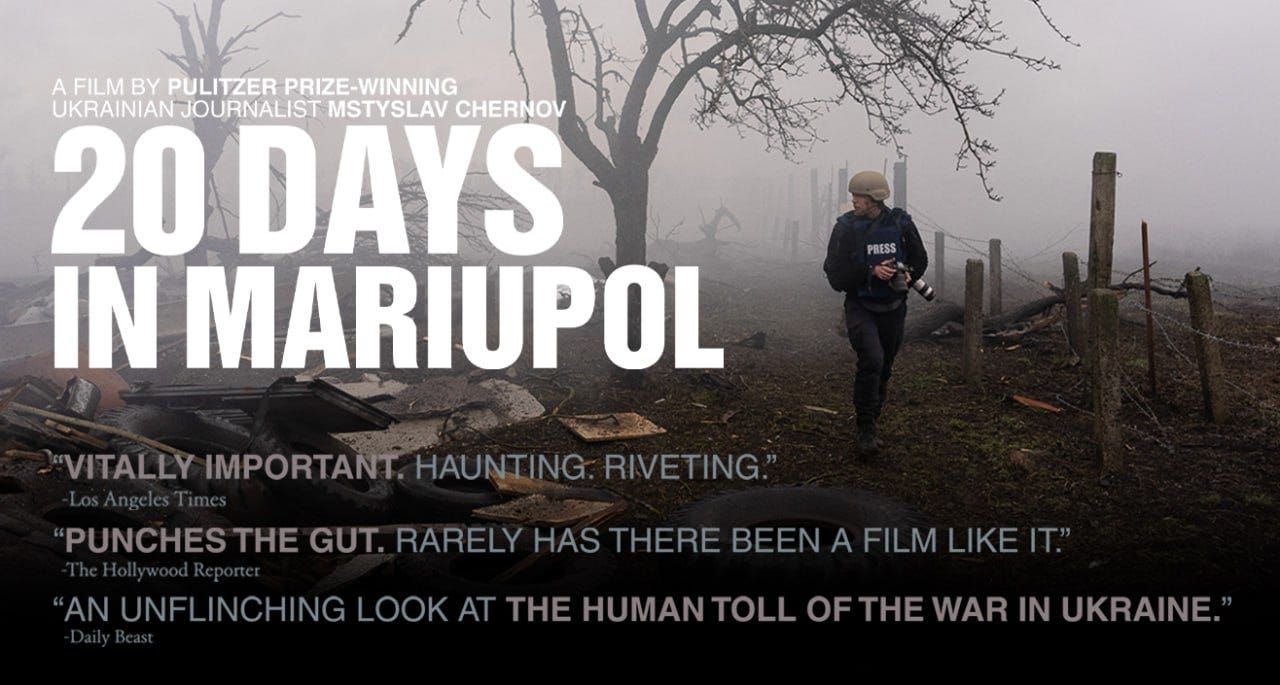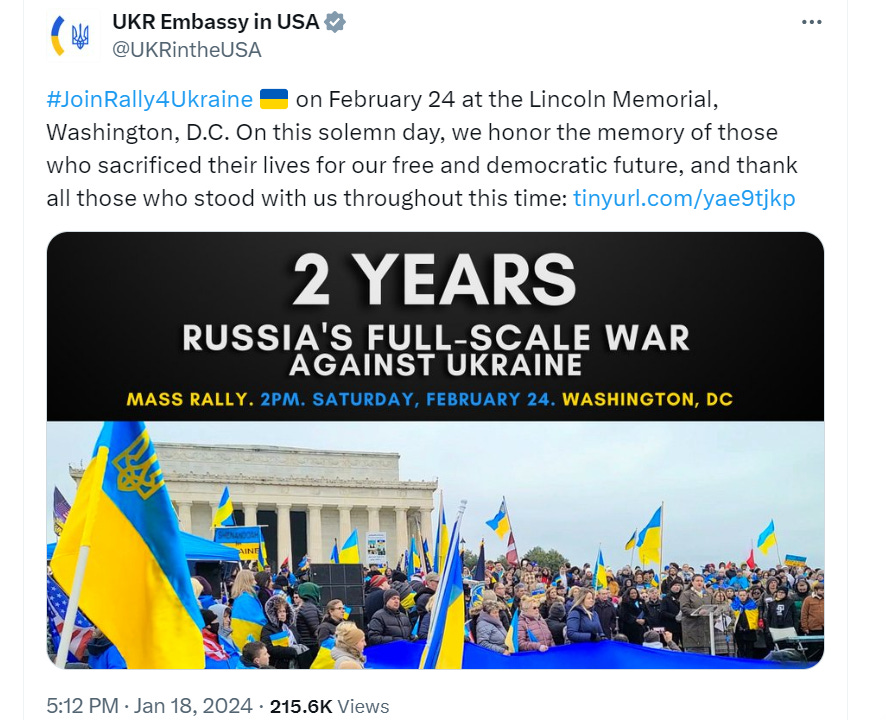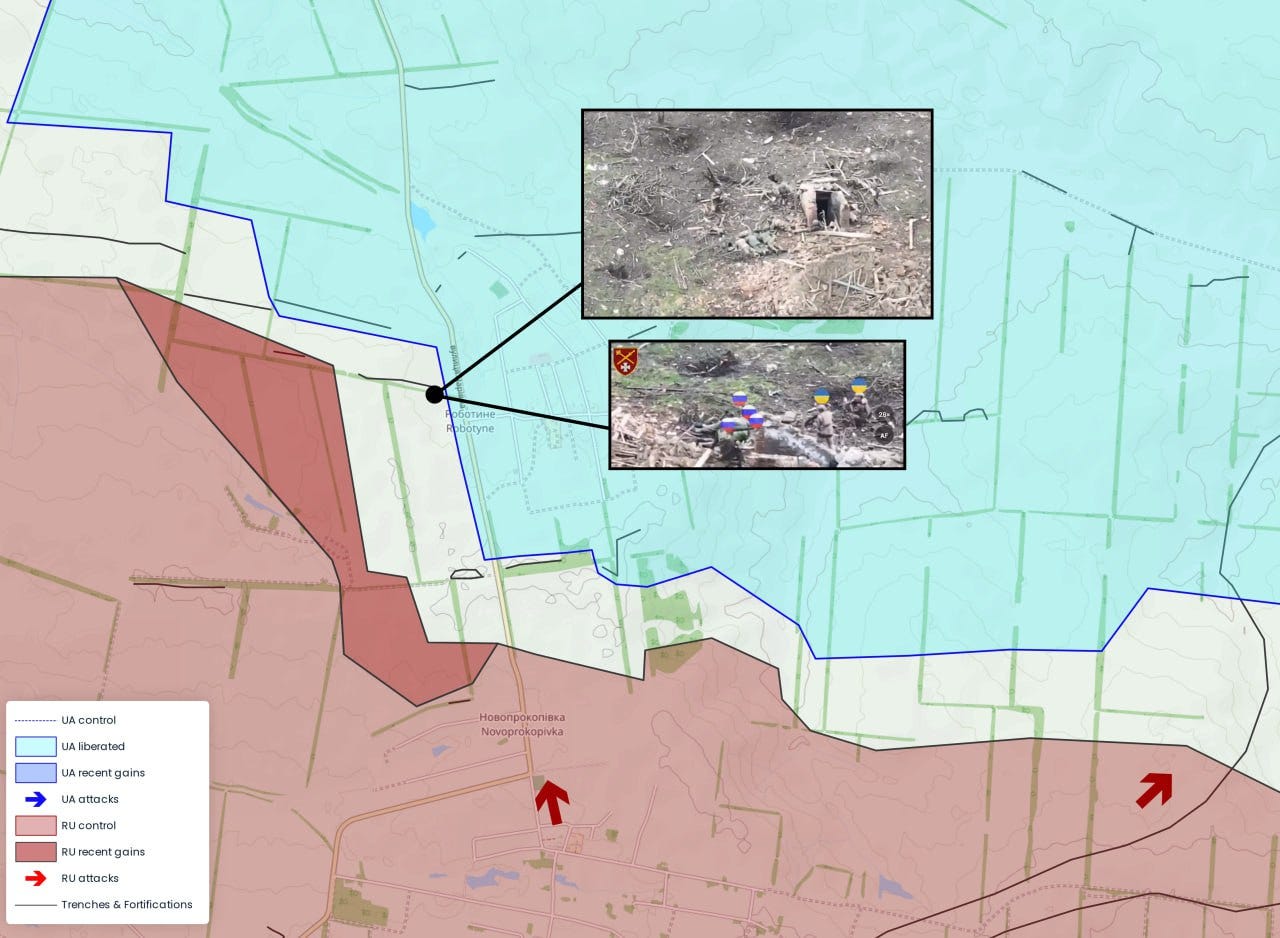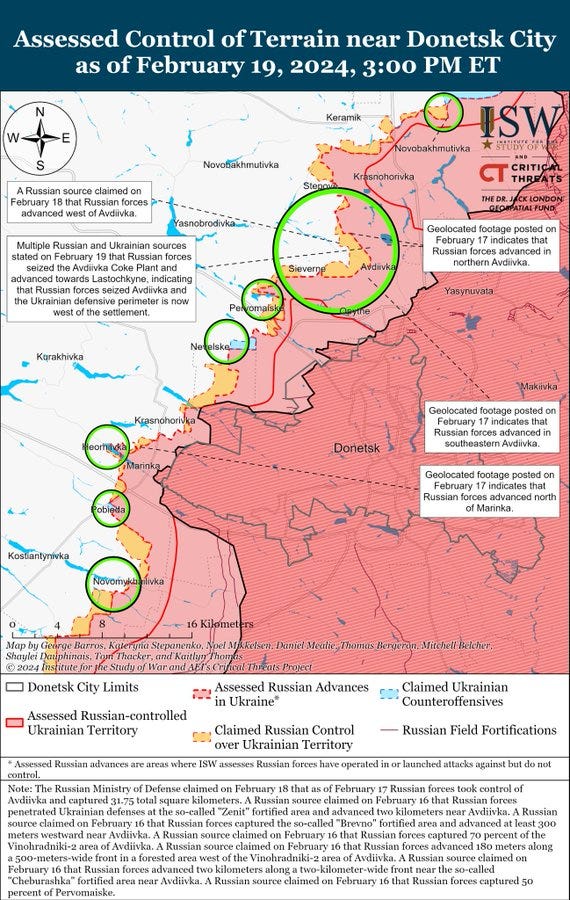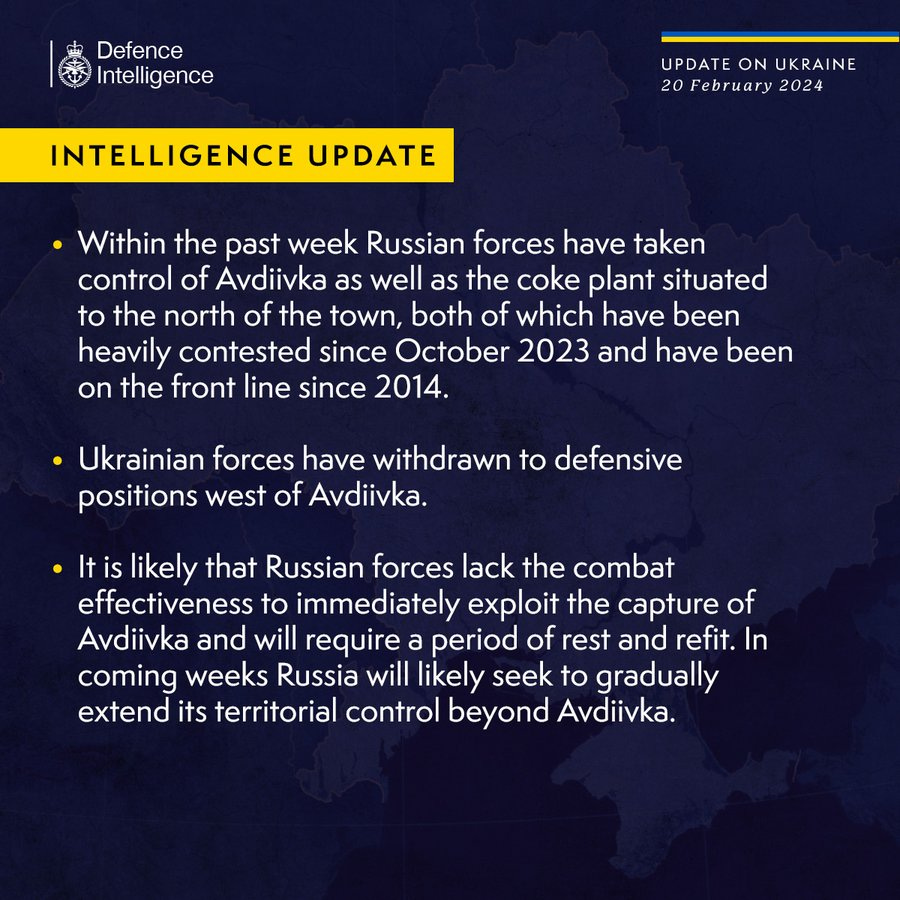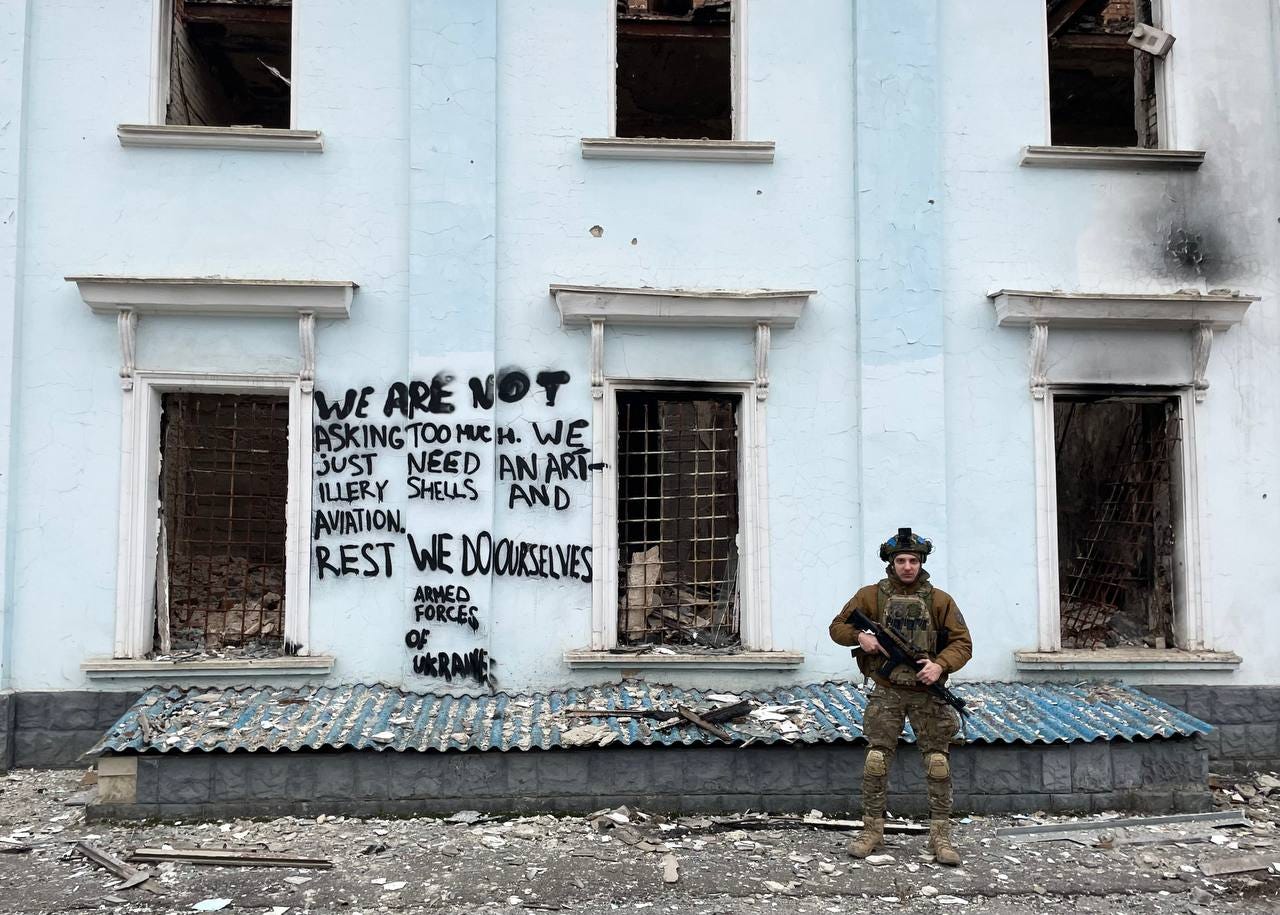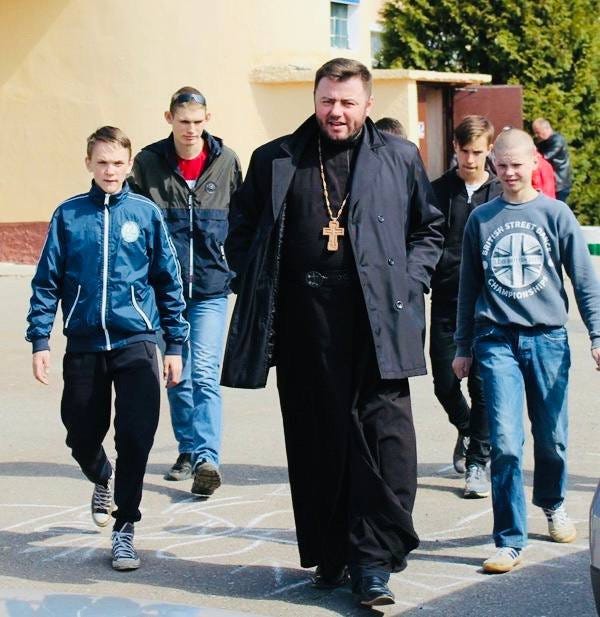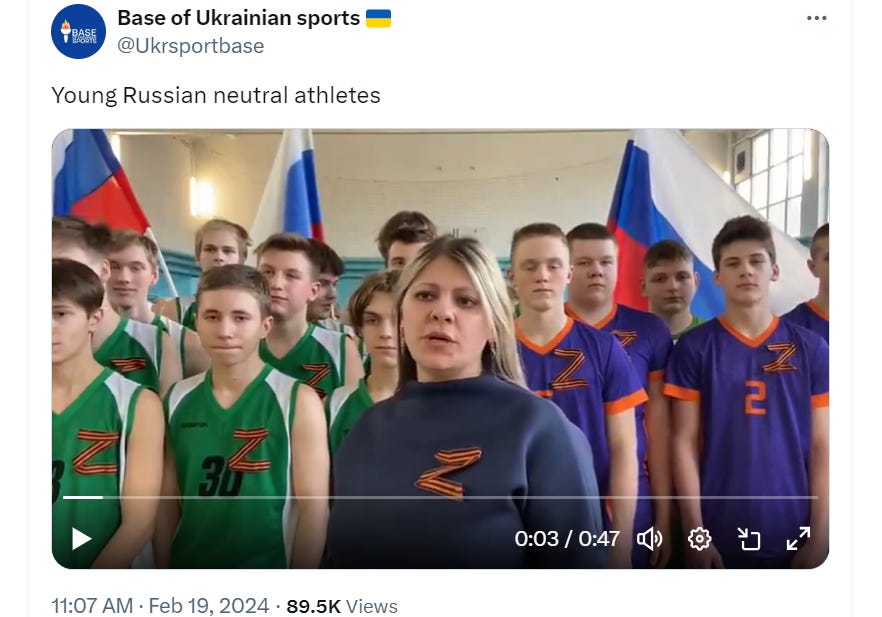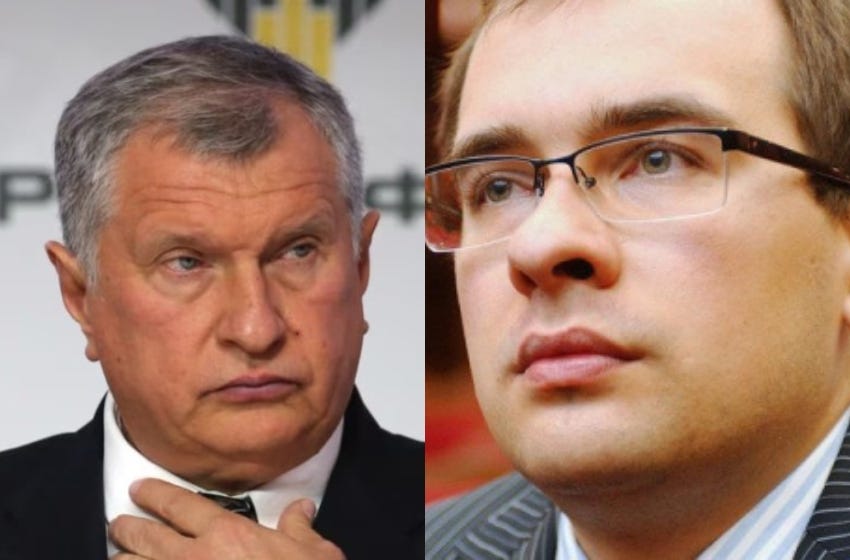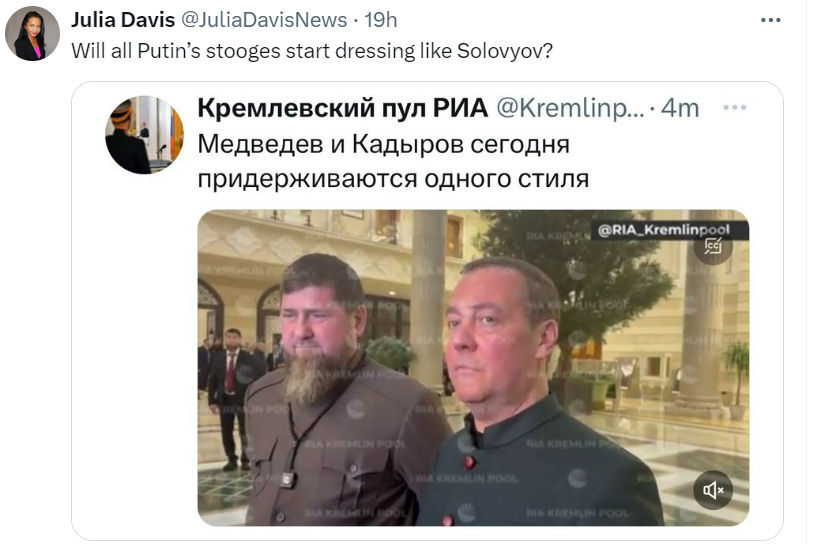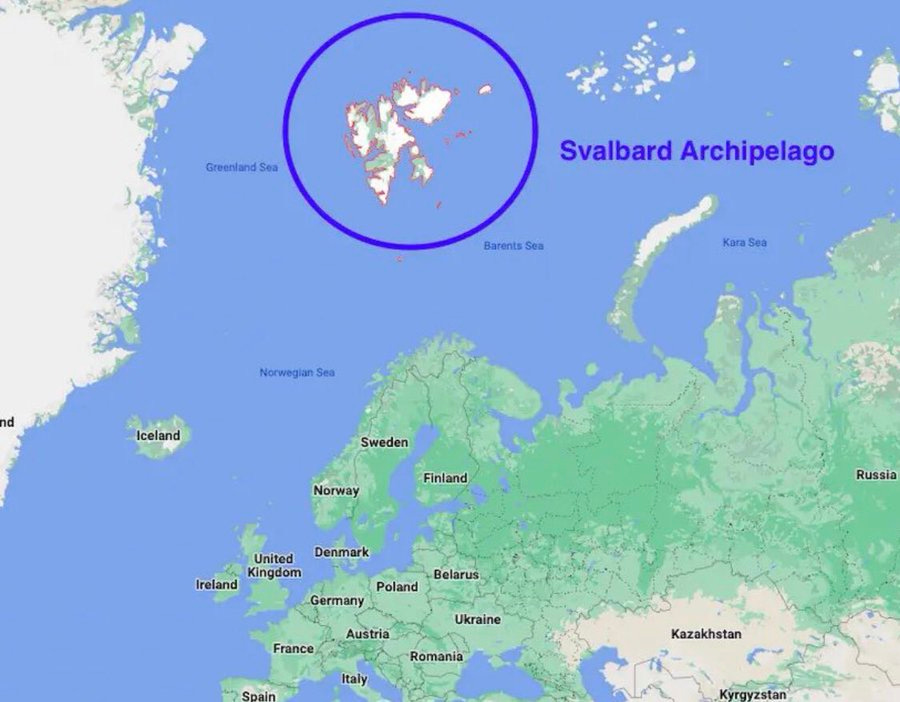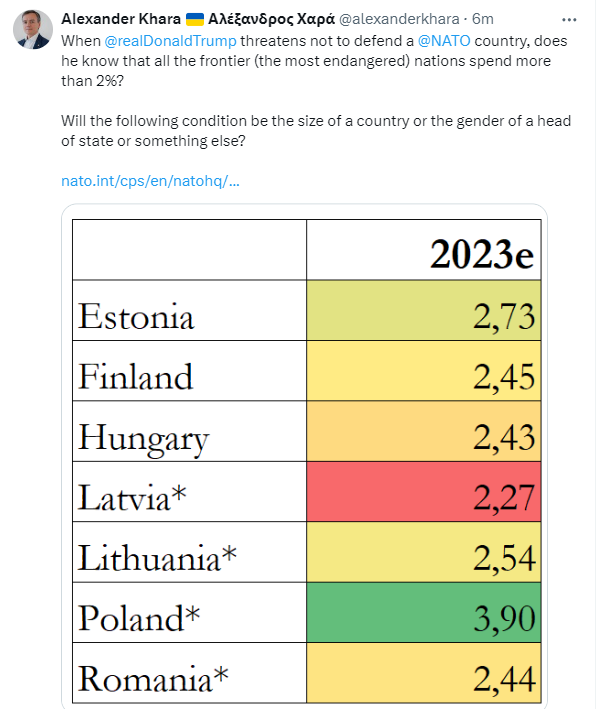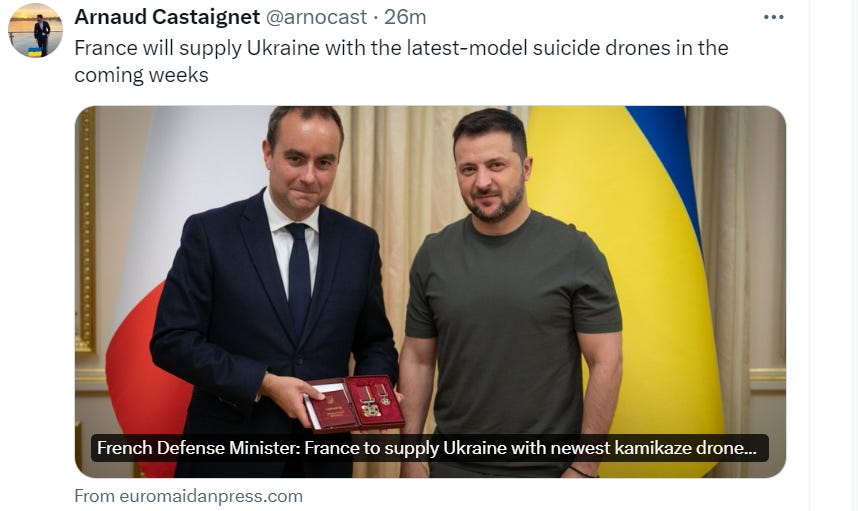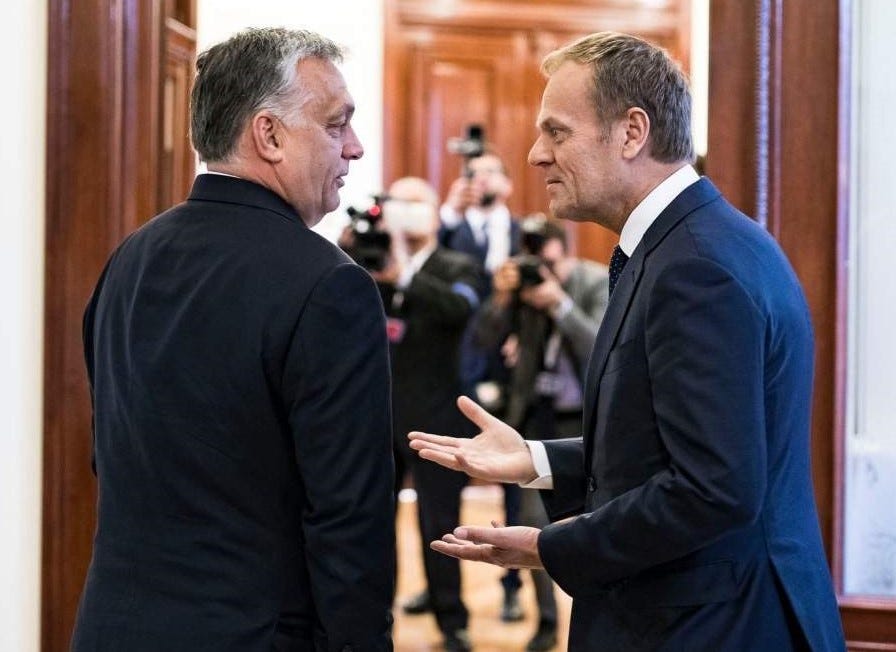Feb 20: E-Stories
Day727 MariupolBafta POWs Sumy CombatSit BehindLines BEL InRussia Sechin Allies Landsbergis Japan China Trump A&P VDL UAEmbUK ISW UKDef CDS Noel UKRSport Davis Lautman Belton Khara Nexta Castaignet
Catching up…
EA Worldview’s Ukraine Up-date- hop over to Scott’s amazing hourly Ukraine up-date page. I’ll fill in with some bits and bobs.
The documentary '20 Days in Mariupol' won the British BAFTA Award for best documentary.
Stories we’re following…
Military: Russian troops killed wounded Ukrainian soldiers in Avdiivka after promising to evacuate them. The confirmation came after media reports that relatives identified the dead bodies of three soldiers of the brigade. They were left behind heavily wounded, while the rest of the forces retreated from the strongpoint, according to the reports.
Russia shells 9 communities in Sumy Oblast, injuring 4. Russian forces shelled Sumy Oblast 252 times in 54 separate attacks throughout the day, injuring 4 people, the Sumy Oblast Military Administration reported on Feb. 19.
EU Commission President, Ursula von der Leyen: Today, we pay tribute to the Heavenly Hundred Heroes - the brave souls who sacrificed their lives on the Maidan for Ukraine's freedom in 2014. A decade on, their vision and ideals have triumphed. Ukraine will prevail and take its place in our Union.
CDS: Russian forces attacked an "Invincibility point" (a building where civilians can warm up, get access to electricity, etc.) in one of the villages of the Novooleksandrivka community of Kherson Oblast. An explosive device was dropped on the building from a drone, resulting in shattered windows and doors, as well as damage to the roof. Fortunately, there were no casualties among the local residents.
More than 100 Kremlin documents obtained by a European intelligence service and reviewed by The Washington Post, show that Russia ran a disinformation campaign to undermine the Ukrainian president Volodymyr Zelenskiy. The US publication said Kremlin instructions had “resulted in thousands of social media posts and hundreds of fabricated articles” that “tried to exploit what were then rumoured tensions” between Zelenskiy and his top army commander, Valerii Zaluzhnyi.
Zelensky visits front-line troops in Kupiansk sector. "I am glad to be here today to see you, to congratulate you, to express gratitude on behalf of all Ukrainians, all of Ukraine, for doing such a great job every day, for defending the state, our families, independence, and our sovereignty," President Volodymyr Zelensky said.
Combat Situation Update
Commander: Some units of 3rd Assault Brigade were 'completely surrounded' in Avdiivka but managed to escape. Despite reports from Russian Telegram channels, none of the fighters from the Third Assault Brigade were left in Avdiivka, said the unit's deputy commander, Maksym Zhorin.
In the Robotyne axis, massive bombardments and artillery barrages are carried out on Ukrainian positions. This 'leveling the front line' tactics is often used by Russia to prepare for large scale mechanized and infantry assaults.
Noel Report: West of Robotyne, Russian forces tried to make their way into the town. Contrary to some Russian reports, the town has not been seized. A group of Russians that landed in the trenches on the outskirts were captured. A highly dynamic situation.
CDS: Russian forces are attempting to launch an offensive on Kurakhove from the area of Heorhiivka.
A large-scale collapse of the front on the Avdiivka direction is unlikely, as the forces of the "Tavriya" OSG are withdrawing to prepared defensive lines. This is particularly notable considering that these positions are being held by fresh troops, and the adversary forces, exhausted from the Avdiivka engagement, would encounter difficulties in launching attacks.
Russian forces are conducting at least three offensive actions: along the border of Kharkiv and Luhansk Oblasts, specifically in the directions of Kupyansk and Lyman; in Avdiivka and its vicinity; and near Robotyne in the western part of Zaporizhzhia Oblast.
The critical shortage of Western equipment, coupled with concerns over the potential halt of U.S. military aid, compelled Ukrainian forces to distribute troops along the entire front. This situation likely prompted Russian forces to capitalize on the opportunity and launch limited offensive actions beyond the Avdiivka area. These actions include operations along the Kharkiv-Luhansk border since the start of January 2024 and in the western part of Zaporizhzhia Oblast in the past 48 hours. These Russian offensive endeavors are expected to hinder Ukrainian forces from preparing personnel and equipment for renewed counteroffensive operations, underscoring the operational challenges Ukraine would face if it opts for a defensive stance until the end of 2024, as posited by some Western experts.
ISW: Russian actors conducted a cyber operation regarding Russia’s seizure of Avdiivka, likely aimed at generating panic in the Ukrainian information space and weakening Ukrainian morale.
Ukraine’s State Special Communication Service reported on February 18 that Russian actors hacked well-known Ukrainian media outlets and posted fake information on their social media channels.
Ukrainian outlets Ukrainska Pravda, Apostrophe, Liga[dot]net, and Telegraf reported on February 18 that their social media accounts were hacked and that hackers posted disinformation, specifically about the alleged widespread destruction of Ukrainian forces in Avdiivka.
The Russian MoD issued new claims about the Ukrainian withdrawal from Avdiivka on February 19 aimed at sowing resentment and distrust against the Ukrainian command, and other Russian sources amplified this information operation.
West of Bakhmut, Russians are now storming Ivanivske. Heavy battles are taking place. Earlier today, a combined mechanized attack on Bohdanivka, a bit north of Ivanivske, was repelled.
ISW: Experts from the Institute for the Study of War believe that Russian forces were able to establish limited and localised air superiority, providing ground troops with air support during the final days of their assault on Avdiivka. This is "likely the first time that Russian forces have done so in Ukraine," the institute said.
A significant portion of the crew on the Russian large landing ship Caesar Kunikov is reported dead, according to Naval Forces spokesman Dmytro Pletenchuk. The ship was destroyed in explosions off the coast, with Russia attempting to conceal their losses. The exact casualty count remains unknown, but Pletenchuk suggests a substantial part of the crew likely perished.
Behind the Lines
Suspilne: Ukraine 'working with SpaceX' to disable Russia's use of Starlink on front lines, Minister says. During an interview with Suspilne on Feb. 19, Ukraine's Digital Transformation Minister Mykhailo Fedorov revealed that Ukraine is "working with SpaceX" to find a solution to disable Russia's use of Starlink satellite terminals in temporarily occupied territories of Ukraine.
Ukraine's infrastructure minister holds talks with Polish official after buses blocked at border. Ukraine's Infrastructure Minister Oleksandr Kubrakov held an urgent meeting with Polish National Security Bureau head Jacek Severa on the ongoing blockade on the mutual border, namely regarding passenger transport, the Infrastructure Ministry said on Feb. 19.
Belarusian in Rome: The propaganda videos of Lukashenka's regime, broadcast on the eve of "parliamentary elections", with promises to arrest if you try to photograph your ballot as proof of actual voting, to burn alive, to attack your house...
Lukashenko said that two divisions of Iskander-M missile systems, including tactical nuclear weapons, have been deployed in the country. He also revealed the introduction of the latest Polonez-M anti-aircraft missile system with a range of up to 300 km. Additionally, he announced the incorporation of two S-400 anti-aircraft missile divisions. All to 'deter any enemy'.
Belarusian Hajun Project: Arrested upon returning from a trip to Italy, priest Ihar Kavalčuk, former rector of the parish of the church of the Assumption of the Blessed Virgin Mary, in Gorodets, deanery of Rahačou, diocese of Homel. He is accused of distributing extremist material. The number of Belarusian citizens that has been arrested in the past year has increased significantly. The regime is in full totalitarian mode.
According to the Main Intelligence Directorate of the Ukrainian Ministry of Defense, special Russian units have arrived in the temporarily occupied areas of Ukraine to collect information on "unreliable" Ukrainians and promote the mobile voting system aimed at facilitating "voting" for Russian President Vladimir Putin.
Former Kherson abbot of Moscow-linked church charged with treason, aiding Russia. A former abbot of the Dormition Cathedral in Kherson was charged with treason for supporting Russian occupation and cooperating with occupation authorities, the Security Service of Ukraine (SBU) said on Feb. 19.
China’s foreign minister Wang Yi has told his Ukrainian counterpart that Beijing does not sell lethal weapons to Russia for its war against Ukraine, a statement said on Sunday. China says it is a neutral party in the Ukraine conflict but has been criticised for refusing to condemn Moscow for its offensive.
Meanwhile in Russia
Ukrainian intelligence: Russian pilot who defected to Ukraine found dead in Spain. Citing sources from Ukraine's military intelligence, Ukrainska Pravda said that Maksim Kuzminov had decided to move to Spain, and was found shot dead in his apartment on Feb. 19.
According to several Russian sources, Ivan Sechin, the 35-year-old son of Rosneft chief Igor Sechin, died on February 5, of unknown causes. According to the VChK-OGPU channel, Sechin's son officially "lost a blood clot", then convulsions and suffocation.
Russian court orders nationalization of Poroshenko's factory in Lipetsk. The court ordered the remaining shares of the factory to be nationalized, and also banned Petro Poroshenko, his son Oleksii Poroshenko, and the former owner of the factory, Oleh Kazakov, from operating in Russia.
Russian authorities still refuse to give Navalny's family access to his body. The prison administration told his mother that Navalny’s body had been transferred to a nearby morgue in Salekhard, the capital of the Yamal-Nenets Autonomous District, Yarmysh said on Feb. 17. Navalny's mother went to the morgue but she was told that they did not have the body, according to Yarmysh.
Barents Observer: Russia issues threats against Norway over “sovereignty issues” in Svalbard Russian Deputy PM Yuri Trutnev compares the situation there for Russians with Ukraine: “Today, our warriors are spilling blood for the sovereignty of our country and the right to speak Russian”.
China offers backing to Hungary in security matters, law enforcement. China has offered long-term support to Budapest on security measures, expanding mutual ties beyond economic cooperation, Reuters reported on Feb. 19 after Chinese Public Security Minister Wang Xiaohong's visit to Hungary.
Allied Support
Republican Senator Lindsey Graham proposes to offer the lethal aid to Ukraine entirely as a loan. He also wants Title 42 reinstated, which Trump invoked in 2020. Graham voted against the bill for aid to Ukraine, Israel and Taiwan in US Senate.
Biden says he is ready to meet House speaker to discuss Ukraine aid. “I’d be happy to meet with him (Johnson) if he has anything to say," Biden told reporters at the White House.
Washington Post: European officials privately discussing 'continentwide complement' to NATO. The Washington Post spoke to a number of European officials who said that they were both plotting ways to more effectively communicate with the MAGA wing of the Republican party and making preparations in case former U.S. President Donald Trump is reelected and delivers on his proposed retreat from NATO.
Ukraine has coordinated bilateral security agreements with a few more states apart from those already signed with the UK, France and Germany.
"There are three agreements. Today we have had a conversation with several more states, there is an agreement about security guarantees. We even specified some nuances where there were questions or disagreements. A few more agreements were coordinated. We will enhance these security guarantees."
"In the coming weeks, Ukraine will be one of the first to receive new kamikaze drones. This also presents an opportunity for combat testing of this new generation of equipment," French Defense Minister Sebastian Lecorne said.
Shmyhal: Japan to allocate $1.3 billion to support Japanese investors in Ukraine. The Japanese Foreign Ministry also announced 15.8 billion yen ($105 million) in aid to Ukraine in the form of grants. Prime Minister Kishida reaffirmed Japan's unwavering support for Ukraine, announcing financial assistance totaling $12.1 billion.
During a joint press briefing with Japanese Prime Minister Fumio Kishida, Ukrainian Prime Minister Shmyhal highlighted the solidarity and support Ukraine receives from Japan, particularly in financial, humanitarian, and sanctions assistance. The leaders discussed various bilateral cooperation areas, including visa liberalization, trade enhancement, and ongoing sanctions against Russia. They also focused on bilateral efforts for Ukraine's reconstruction and agreed to commence negotiations to update the agreement on investment facilitation and protection. Additionally, they signed 56 documents during the conference, covering areas such as tax avoidance, infrastructure reconstruction, grant assistance, private sector revitalization, agricultural cooperation, and participation in Ukraine's recovery.
Canada to donate over 800 drones to Ukraine. The SkyRangers come equipped with autonomous navigation systems and can carry payloads, including munitions, of up to 3.5 kilograms. They are designed for surveillance and reconaissance missions.
President of the EU Commission, Ursula von der Leyen at Cafè Kyiv in Berlin
Decode39: Rome and Kyiv closing in on defence deal. After the United Kingdom, France and Germany signed long-term security agreements with Ukraine, Italy is about to do the same. It’s only a matter of ironing out the last details, according to diplomatic sources, who nevertheless tight-lipped on the possible announcement date as the two-year anniversary of Russia’s full-scale invasion nears.
What will the Rome-Kyiv deal look like? It will likely be closer to the one Ukraine struck with France. It entails a framework for long-term humanitarian and financial aid, reconstruction support, and military assistance, but no specific financial commitments on arms supplies due to the need for parliamentary approval. On top of that, Paris has pledged to provide up to €3 billion in “additional” military aid this year.
Estonian PM: EU should issue joint bonds to boost European defense. Speaking at the Munich Security Conference, Estonian Prime Minister Kaja Kallas also said that European countries should do more to support Ukraine against Russian aggression.
RFE/RL: Some people would in principle support Ukraine but are too worried what will happen if Ukraine defeats Russia, Lithuanian Foreign Minister Gabrielius Landsbergis believes. "Who cares what Putin would do? It is not about that," he said in Munich on February 17.
Putin has no intention of stopping. Those who think Minsk 3 would be the end of this war are showing gross naiveté, and that’s me choosing the most polite words I can. The only way to end this war is with Ukraine's outright victory, so we must come together to make that happen.
Foreign minister: Hungary won’t block new EU sanctions package against Russia. According to Szijjarto, Budapest will not obstruct the approval, as all elements of the sanctions package that "harmed Hungarian interests have been removed” and the updated package does not "affect the basic economic interests” of his country.
German Chancellor Olaf Scholz is urged to send Taurus cruise missiles to Ukraine following the death of Russian opposition leader Alexei Navalny. The Bundestag's defense committee chair, Marie-Agnes Strack-Zimmermann, calls for Germany to provide all possible support, including Taurus missiles, favored by the Greens, FDP, and the Christian Democrats. Until now, concerns about Moscow's reaction to potential attacks on critical targets like the Kerch Strait bridge contribute to the hesitation in delivering the missiles.
“Please, do not ask Ukraine when the war will end. Ask yourself – why is Putin still able to continue it,” Ukrainian president Volodymyr Zelenskiy said as he addressed delegates at the 60th Munich Security Conference on Saturday. In a lengthy thread posted on his X account today, Zelenskiy shared a video of the speech and also wrote: “We can get our land back. And Putin can lose.”
Finnish president-elect: Ukraine's NATO membership 'just a matter of timing.' Stubb said that he sees three steps for Ukraine’s European and transatlantic aspirations. The first is security agreements that are currently being signed by all G7 members and 31 countries, followed by EU membership, and finally NATO membership.
Politico—Poland’s new Justice Minister Adam Bodnar is in Brussels today with a clear message: His government is moving fast to restore the rule of law and reclaim a leadership position on the EU stage.
“I am … deeply determined to restore constitutional order in Poland and solve the rule-of-law crisis that has led to the Article 7 procedure,” Bodnar told Playbook as he arrived in Brussels Monday night. “Poland will be one of the leading members of the EU again.
With one of the EU’s biggest militaries (Warsaw invests more than 3 percent of its GDP in defense), Poland will also be key in any European military alliance to defend the Continent, especially if former President Donald Trump wins the U.S. election, potentially undermining NATO.
Politico: Ursula von der Leyen announces bid for 2nd term: After months of speculation, European Commission President Ursula von der Leyen announced her bid to become the lead candidate of the center-right European People’s Party (EPP) for the upcoming European elections in June. Von der Leyen made the announcement during a press conference at an event from her center-right Christian Democratic Union (CDU) party in Berlin on Monday.
Szabolcs Panyi: Hungary announced it will indeed vote (and vote YES) on Sweden’s NATO membership on February 26. The parliamentary group leader of Orbán’s Fidesz party just shared on Facebook an official letter requesting the Hungarian parliament’s speaker to put it on the agenda.
Kremlin runs disinformation campaign to undermine Zelensky, documents show—Catherine Belton
When news first emerged last month that Ukrainian President Volodymyr Zelensky was preparing to fire his top military commander, Gen. Valery Zaluzhny, officials in Moscow seemed jubilant. They had been trying to orchestrate just such a split for many months, documents show.
“We need to strengthen the conflict between Zaluzhny and Zelensky, along the lines of ‘he intends to fire him,’” one Kremlin political strategist wrote a year ago, after a meeting of senior Russian officials and Moscow spin doctors, according to internal Kremlin documents.
Russian President Vladimir Putin’s administration ordered a group of Russian political strategists to use social media and fake news articles to push the theme that Zelensky “is hysterical and weak. … He fears that he will be pushed aside, therefore he is getting rid of the dangerous ones.”
The Kremlin instruction resulted in thousands of social media posts and hundreds of fabricated articles, created by troll farms and circulated in Ukraine and across Europe, that tried to exploit what were then rumored tensions between the two Ukrainian leaders, according to a trove of Kremlin documents obtained by a European intelligence service and reviewed by The Washington Post. The files, numbering more than 100 documents, were shared with The Post to expose for the first time the scale of Kremlin propaganda targeting Zelensky with the aim of dividing and destabilizing Ukrainian society — efforts that Moscow dubbed “information psychological operations.”
Fareed Zakaria—On Russia vs. the US, Tucker Carlson has it wrong. His take:
Inside the Resistance Sabotaging Putin’s Plans for Ukraine—Beketova
The partisan movement Atesh – “fire” in Crimean Tatar – has infiltrated the Russian army as well as destroying targets behind enemy lines. Its work is vital to Ukraine’s chances of victory.
After delicate negotiations, I met with “Dzhokhar” online. We talked about Atesh and its clandestine operations throughout occupied Ukraine and deep inside Russia.
I didn’t see his face and only knew he was 28 years old, from the Kherson region, and helped coordinate covert work in occupied Crimea and the movement’s media relations. The identity of agents is a closely guarded secret, Dzhokhar is the name he asked me to use.
Created in the summer of 2022, the movement’s operatives have played pivotal roles in some of the most high-profile Ukrainian successes of the war, including the destruction of Russian ships, aircraft, and senior officers.
“A group of pro-Ukrainian activists in Crimea, including Crimean Tatars, had the idea of creating the movement,” Dzhokhar said. “The war was dragging on, Russia was completely unable to achieve its goals, and it was clear mobilization would be announced.”
The enforced enlistment of people from Crimea into Moscow’s forces gave the nascent resistance movement a major opportunity, which it seized.
“From the beginning of mobilization, from the fall of 2022, the first agents of Atesh were mobilized into the Russian army,” Dzhokhar said. “Some of them joined independently, some of them were drafted. From that moment on the movement increased.”
There are now about 1,800 informants, agents and activists working for Atesh. They include a civil force, made up of people not ready to carry out direct action, alongside agents who engage in more radical and risky tasks, such as sabotage and operating inside enemy forces and organizations.
There are as many motivations for joining Atesh as there are members, Dzhokhar said, but they all share a desire to drive Russia out of Ukraine.
“Sometimes they are employees of law enforcement agencies, sometimes they are ordinary people who have found the strength to fight Russia,” Dzhokhar said. He recalled listening to the “very emotional” story of a volunteer whose soldier father had been killed in the war. “It was clear why this person was determined to fight the occupation,” he said. [continue]




